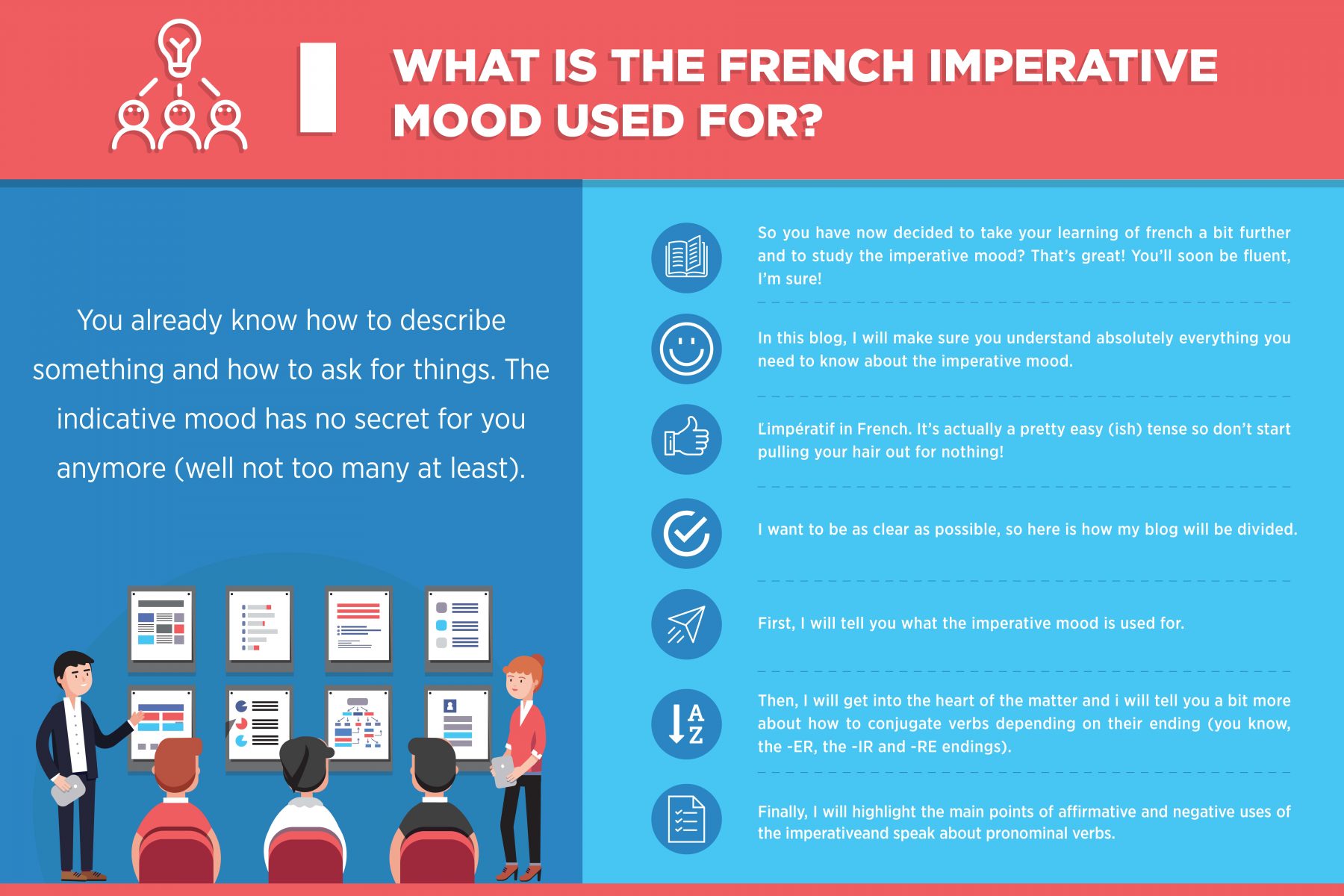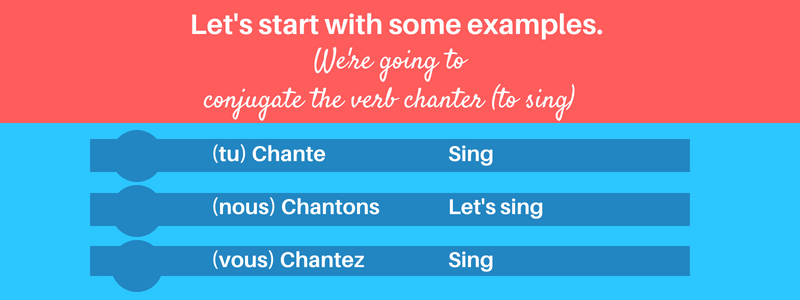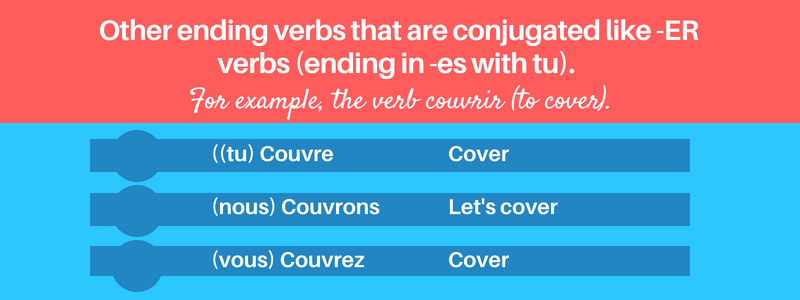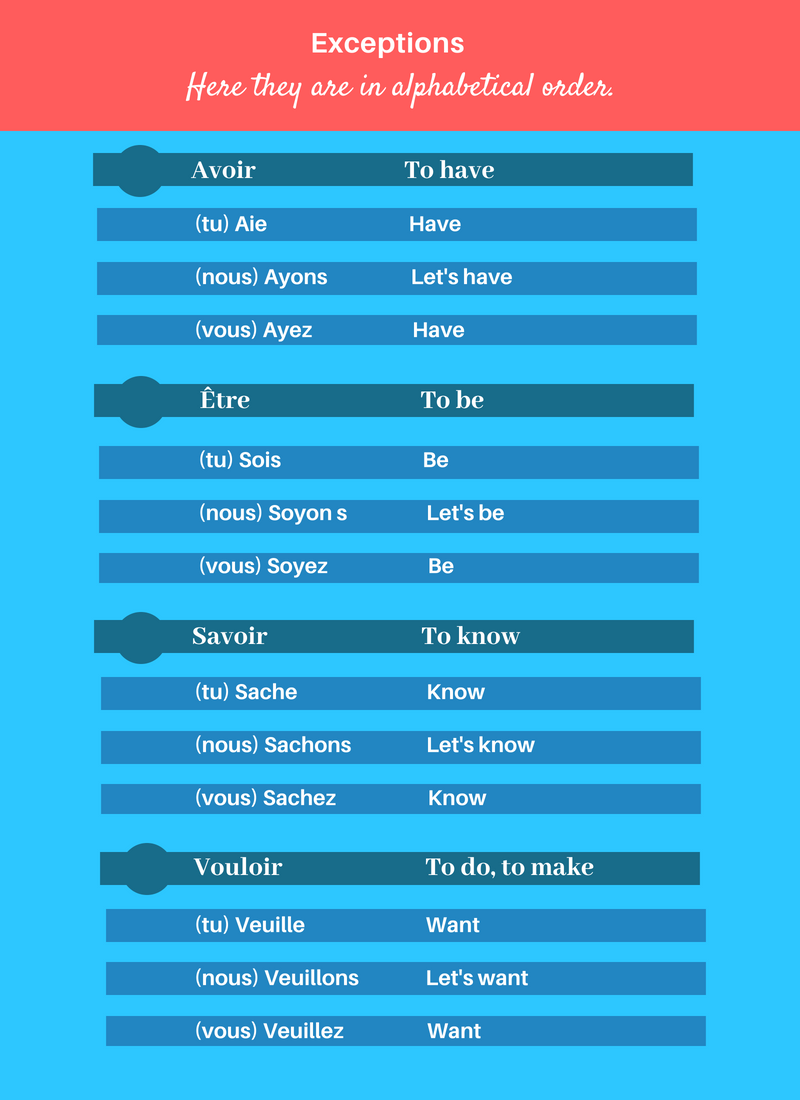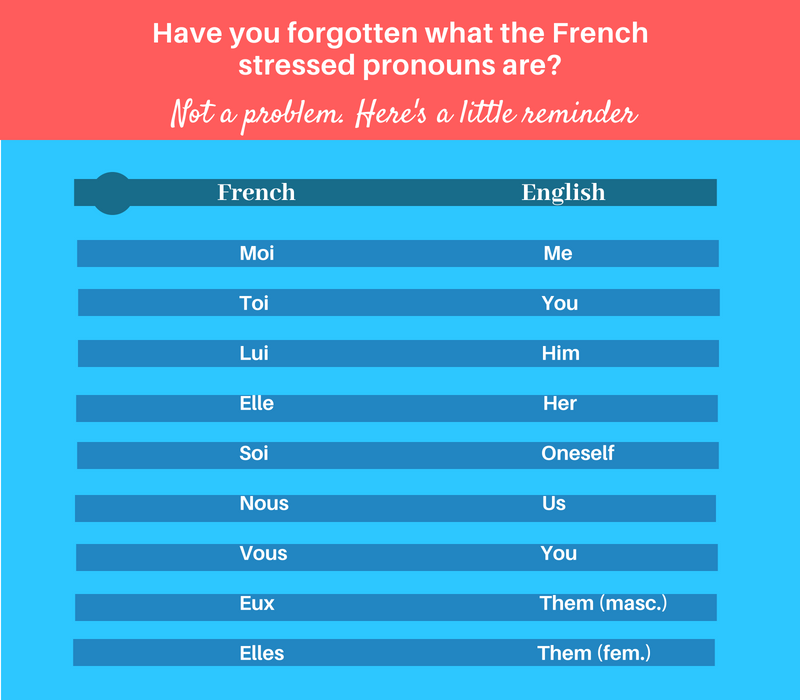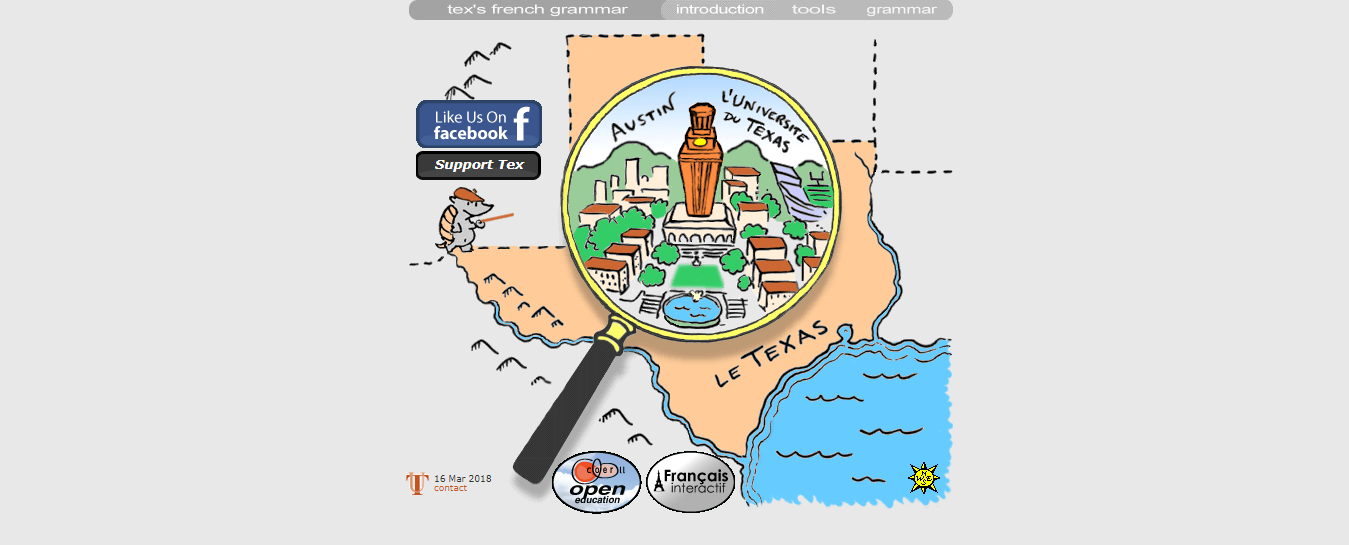Learning a foreign language opens us up to new experiences, work opportunities, and allows us to meet people we may never have otherwise.
Learning a new language can help tremendously with your career prospects, your college education and experiences, travel, and personal enjoyment of the arts and culture.
Everyone should learn a new language, especially French, as this is a most popular language across the world. English may be spoken all over the world, but that doesn’t mean it’s the most popular language or that you’re not missing out if you choose to associate exclusively with English speakers.
Online learning is the most wonderful technique to learn new language without the Classroom, lectures or professors, at luxury of your home. The 1st and the most important question is “Why leaning Online”.
Reasons to learn new language Online
If the learning a language were easy and fast then we would all be multilingual. The truth is that learning a language and speaking it well takes time, dedication and determination. Face-to-face tuition and language immersion are generally regarded as the best ways to learn a language.
- Flexible Location & Timing: Online courses, classes and apps allow you to study when you want and where you want. Essentially they give you the opportunity to take responsibility for your own education, in any setting, at any time of the day (or night). So, you now have more control over the learning process.
- Online Resources available: There are endless resourceson the internet, so it’s a pretty deep resource to tap into, as per your own comfortability and time zone.
- Personalized Classes: Private Online classroom options give you a chance to get more personalised communication, learning practise and consolidate what you have learnt in the classroom. In this way, you can save some money, compared to enrolling in a local university, institution or college
- Affordable Cost: Not only do online classes never ever close, and not only are they served for affordable prices on a silver platter, but some of them have been structured so that it feels like you’re just watching TV or playing video games. Studies have shown that multimedia enhances memory and learning. So not only are you having fun, you’re also learning more effectively.
Online Language learning rules
- Consistency in learning: If you wish to know the secrets of the learning new language online, one of your major takeaways will be the steadiness. Putting constant efforts in one direction to learn new language online, will not only helps you archive the success within no time but also helps to reach towards the goal, in a super easier way.
- Appropriate Timing: Time management is most critical for Online Learning or distance learning. Online courses give students the flexibility to take their class anytime, anywhere. The trick, students say, is staying on top of them. Doing so requires discipline and commitment, these traits any successful student should possess no matter what path they’re taking to complete their online learning. Always be smart with your timing to be chosen to start your online learning classes.
- Google Use for right choice & Decision making: Before joining any organization for learning new language, it’s always a very good idea to do research about the institution you are going to join for the classes. Read the reviews about the study material to be provided during the online classes and access how engaging it is. Always recommended to have a look at all the available option and then take the best decision to join the best one.
- Friends & business Group for communication: Learning in a group beats learning alone anytime. Learn a language together as a community or with friends is the best thumb rule to learn new language in a faster way. Start communicating on Skype with the people having the same goals as you, love the same target language you do and make the same grammar mistakes you make.
How to get started learning Online
Like learning any language, all that’s required is a little time, motivation and an effective method. If you want to get started learning French language, I would highly recommend French Lessons Australia French Lessons Australia offers fun, engaging French language lessons for everyone’s need.
French Online courses covered from beginner, intermediate and advanced conversation classes to Business French for adults, travellers & corporate sector.
frenchlessonsaustralia.com.au | 0415 799 620 | info@frenchlessons-australia.com.au
Wish you the best of luck in your language learning journey!







